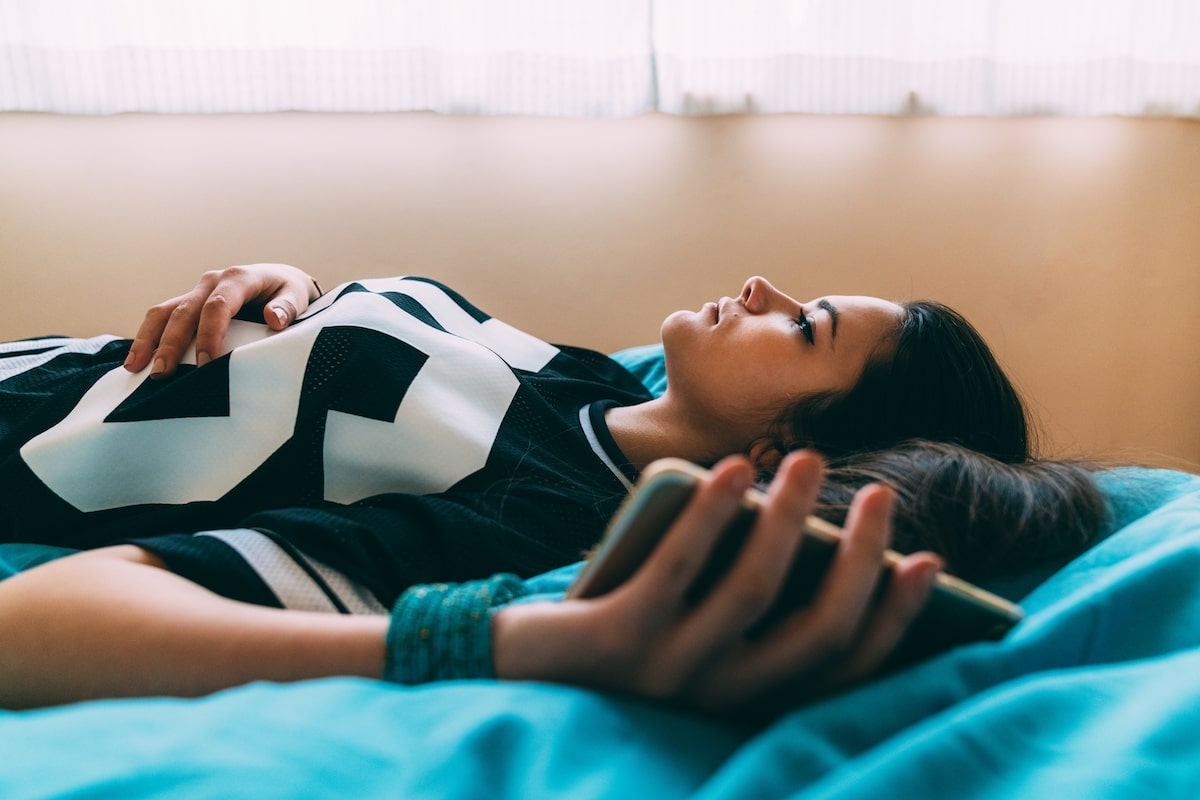Experts call it the underlying crisis. While COVID-19 cases spike around the country, more than a third of Americans report related depression and anxiety.
“The spread of COVID-19 leaves people feeling out of control, which is uncomfortable and unnerving,” said Dr. James O’Dea, vice president of operations for the Hartford HealthCare Behavioral Health Network. “We’re driven to protect ourselves and loved ones from perceived threats and the uncertainty surrounding this situation escalates fears.”
Census Bureau statistics — 24 percent of 42,000 respondents reported significant symptoms of major depressive disorder and 30 percent symptoms of generalized anxiety disorder – were, in some cases, double those uncovered in 2014. In Connecticut, 36 percent said they felt anxious or depressed.
The pandemic, according to the data, affects people ages 18 to 29 more, with 42 percent reporting anxiety and 36 percent depression. The second most-affected age group was people 30 to 39, with 34 percent reporting anxiety and 28 percent depression. Older people, who are more at risk for catching and dying from COVID-19, were far less likely to report emotional reactions. Sixteen percent of people age 70 to 79 and 11 percent over 80 reported anxiety; 12 percent age 70 to 79 and 9 percent over 80 said they felt depressed.
“It’s concerning that this pandemic is having a clear mental health effect on young adults,” said Dr. Laura Saunders, clinical coordinator of Young Adult Services – The Right Track/LGBTQ Specialty Track at the Institute of Living, part of the BHN. “They tend to come from an all-or-nothing world view and feel invincible to any consequences.”
Those at lower economic levels are also more affected emotionally, according to Census Bureau data. When asked how often they had worried in the previous week, less than 6 percent earning $150,000 or more a year responded affirmatively, and 60 percent hadn’t worried at all. In contrast, a third of those earning less than $25,000 a year reported worrying nearly every day, with 32 percent not worrying at all.
The Census Bureau findings support earlier reports about the COVID-19 impact on the nation’s mental health. In April, the Kaiser Family Foundation reported that half of Americans said they felt emotionally impacted by the pandemic, while the American Foundation for Suicide Prevention noted that people are experiencing anxiety and sadness more than before the pandemic began in late winter.
If you’re struggling with mental health issues, the BHN has a 24/7 hotline with clinicians who can help. Call 833.621.0600.
The Hartford HealthCare Behavioral Health Network is now scheduling virtual-health visits for mental health and addiction services. Call your provider for details. New patients can schedule a virtual visit by calling 1.888.984.2408.
For more information on the programs and services available through the Behavioral Health Network, click here.
Need to see your doctor? New Patient? For more information about Hartford HealthCare virtual health visits, click here.
Click here to schedule a virtual visit with a Hartford HealthCare-GoHealth Urgent care doctor.
Stay with Hartford HealthCare for everything you need to know about the coronavirus threat. Click here for information updated daily.
Questions? Call our 24-hour hotline (860.972.8100 or, toll-free, 833.621.0600).
Get text alerts by texting 31996 with COVID19 in the message field.

